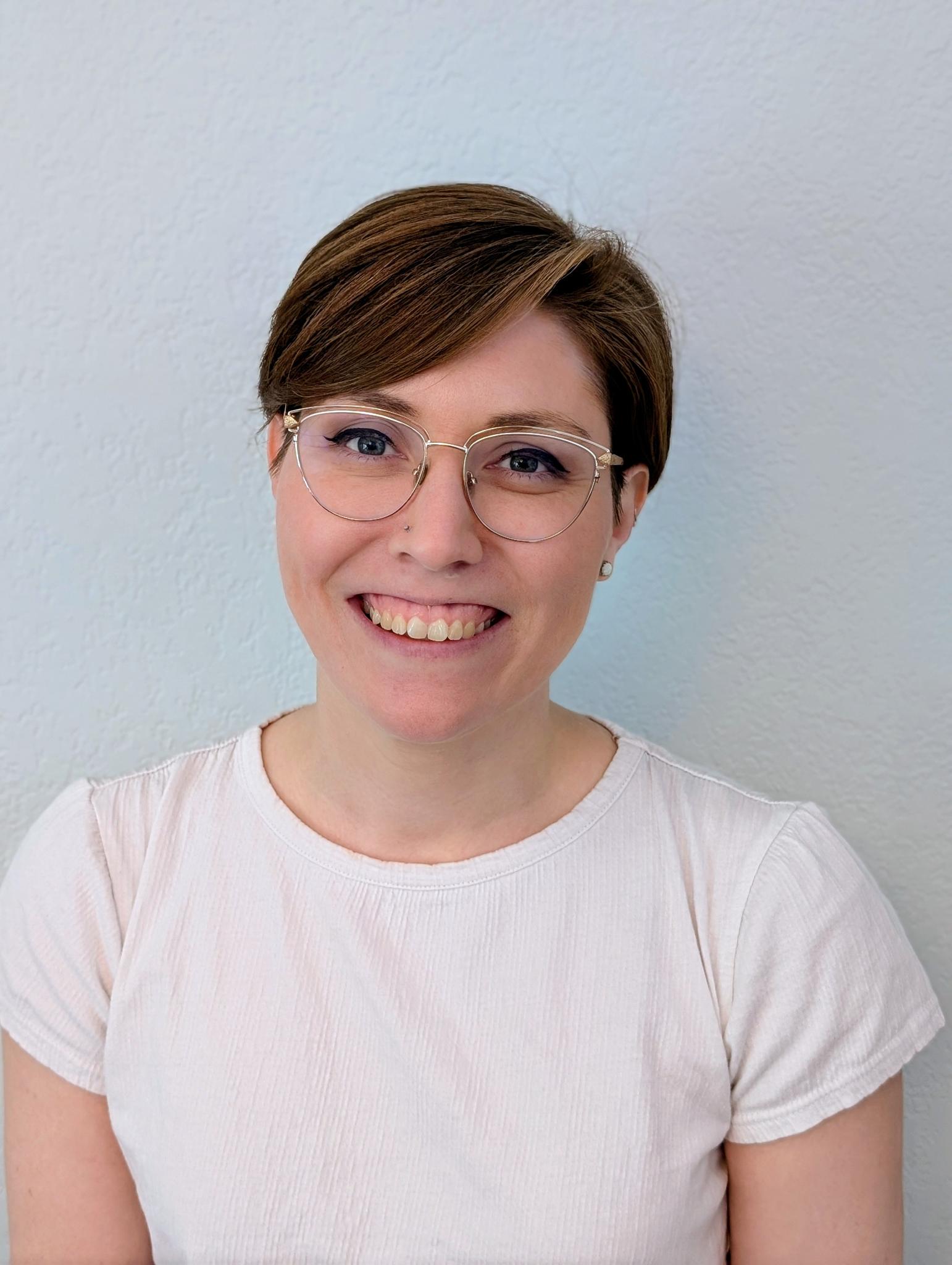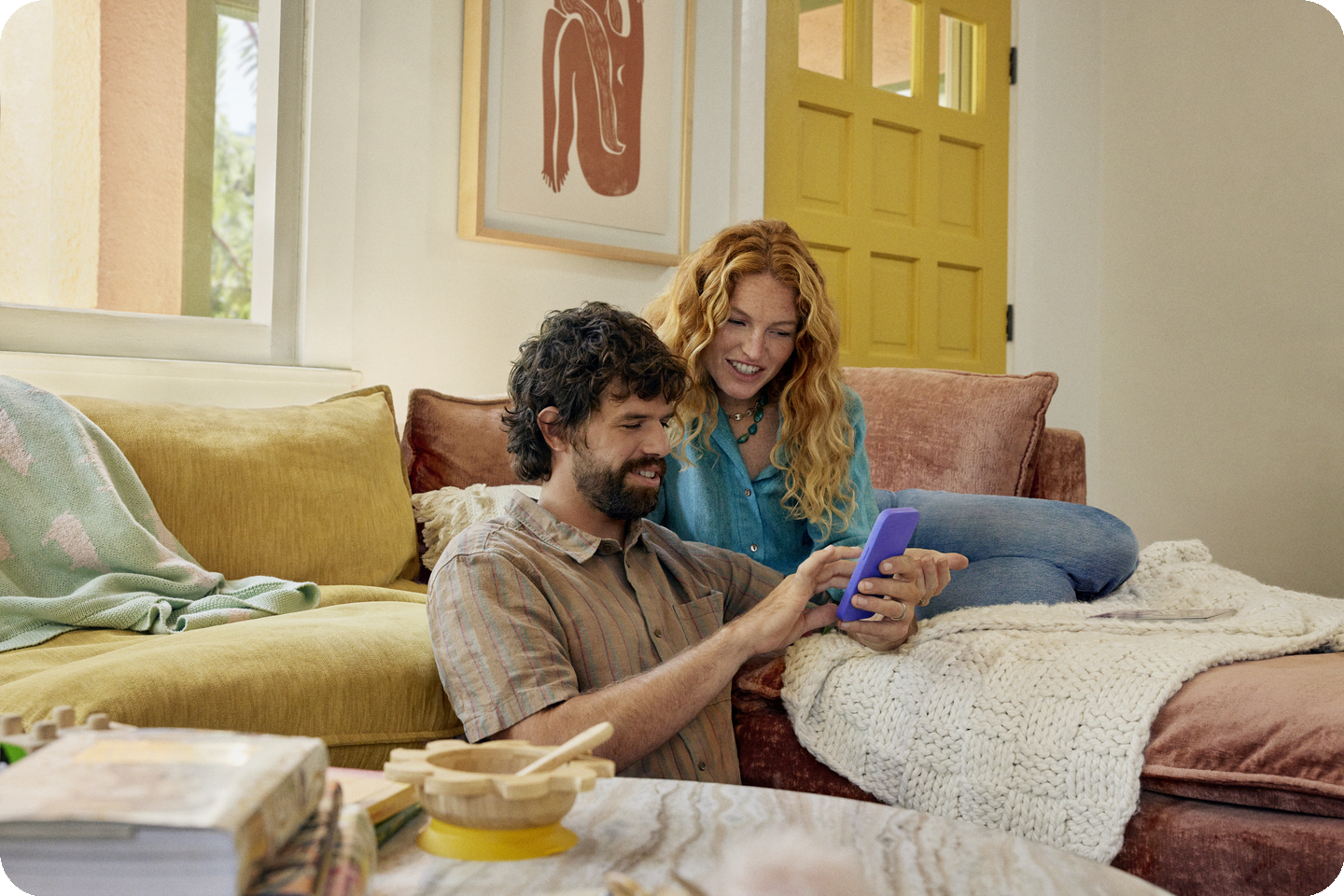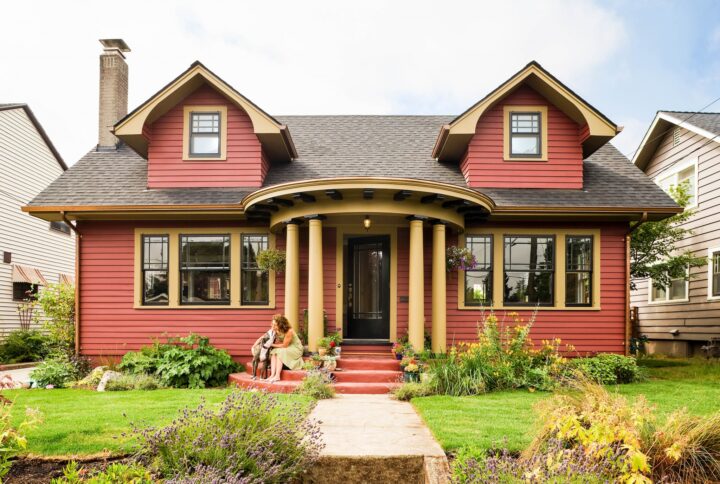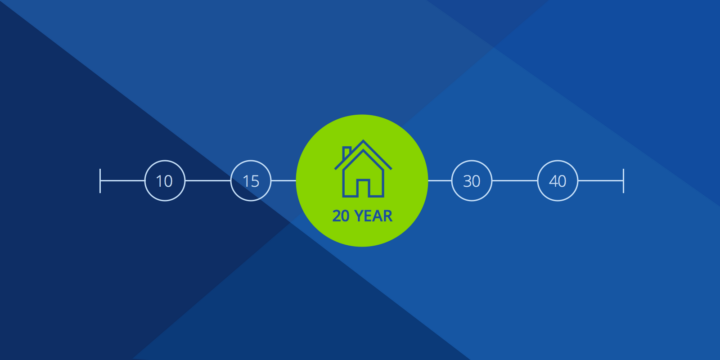How Much Money Do You Need to Buy a House?
We'll help you plan a budget for the cost of buying a house.


Written by Alycia Lucio on October 12, 2024
Unless you’re making an all cash offer on a house, you’re likely using a mortgage to finance your new home purchase. When buying a house, you’ll need enough money to cover closing costs, a down payment, and moving expenses — which may be as low as 2% or as high as 25% of the home’s purchase price if making a larger down payment. According to a 2024 Zillow survey, 42% of buyers said the final costs of closing on their home were more than they expected.
The exact amount of money you’ll need to buy a home depends on the size of the home you choose, the location, the current housing market, whether you’re co-borrowing and other financial factors. Zillow’s Affordability Calculator can help you estimate a home-buying budget based on your annual income, down payment, monthly debts, and other costs associated with buying a home.
The cost of buying a home
On average, the cost of buying a home may cost up to 25% of the home’s purchase price, but it's not uncommon to buy a home for less money. Here are some common expenses included in the cost of the home:
Earnest money deposit
Earnest money deposits when buying a home are usually 1% to 3% of the purchase price and go towards the down payment at closing.
Earnest money is a separate deposit you can make upfront to show the seller you’re serious about buying the home. Also known as a good faith payment, earnest money is held by a third party in an escrow account until closing and typically ranges from 1% to 3% of the home’s purchase price. The earnest money you agree to put down is applied to your down payment upon closing, and it’s due within three days of signing the purchase agreement.
Down payment
The down payment costs for buying a home are usually between 3% and 20% of the purchase price.
A down payment is the cash amount you bring to the closing table towards the purchase of the home. It’s expressed as a percentage of the total price. Lenders typically recommend putting down at least 20%, as this will lower your borrowing costs, and doesn’t require private mortgage insurance (typically referred to as PMI) on conventional loans. A larger down payment can also mean better loan terms and lower interest rates. However, many homebuyers opt for a mortgage that allows them to put down between 3% and 10%. About half (48%) of mortgage buyers Zillow surveyed reported putting down less than 20%.
Keep in mind, each type of mortgage loan will have different down payment minimums, and some lenders may require you to put down a larger down payment if you have a lower credit score or higher debt-to-income ratio (DTI). Here’s an overview of the minimum down payment requirements by loan type:
- Conventional loan down payment minimums are 3% for first-time homebuyers and 5% for non-first time buyers.
- FHA loan down payments are as low as 3.5%.
- VA loans and USDA loans require no down payment, but making a down payment provides additional benefits.
Closing costs
Closing costs on a home purchase typically range between 2% and 5% of the price.
Closing costs are a one-time fee associated with your home purchase. Closing costs typically range between 2% and 5% of the home’s purchase price. These fees are paid on the closing day, unless you’re able to roll closing costs into your mortgage. There are many factors that can determine how much you’ll pay at closing, including your lender, loan type, and loan size, but the fees typically include:
- Appraisal fees
- Application fees
- Home inspection fees
- Credit report fees
- Loan origination fees
- Lender’s policy title insurance and title search fees
- Escrow fees
- Closing attorney fees (depending on your state)
- Courier fees
- Bank processing fees
- Recording fees
- Notary fees
- Loan discount points
- Homeowners Association (HOA) transfer fees
The most common unexpected cost among 66% of buyers Zillow surveyed was a loan origination fee.
Prepaid costs
Prepaid costs are included in the closing cost price when buying a house.
Prepaid costs cover the first installments of any recurring payments you’ll have to make as a homeowner. Prepaid costs usually include:
- Homeowners insurance premium
- Property taxes
- Mortgage interest
- Mortgage insurance
Prepaid costs are held in an escrow account until the payments are due and then paid on your behalf. Lenders typically require two months worth of premiums to be paid at closing in addition to your closing costs. Some costs, such as HOA fees, utility bills, mortgage interest, and property taxes, will likely be prorated. Proration means that the seller continues to pay for these ongoing expenses up until the date of ownership transfer, and the buyer takes over starting on the closing date to ensure fairness, as the buyer shouldn’t have to pay for these expenses until they’re physically living in the home.
Moving costs
The average moving costs are $1,692, which are in addition to your total home buying costs.
In addition to the immediate home-buying costs, you’ll also want to account for moving costs in your budget. Moving costs vary based on location, distance, home size, required vehicles, gas, tolls, materials, labor, and other fees the moving company may charge.
The national average mover cost is $1,713, but a local move can range anywhere from $100 to $120 (per hour). The type of move, distance and number of movers play into the total cost. A long-distance move can cost anywhere from $799 to $5,377.
Cash reserves
It’s recommended to have between 2 and 6 months worth of cash reserves.
Real estate professionals recommend you have enough cash reserves to cover your homeownership expenses in case of an emergency or change in employment. While it’s not a hard requirement, having between two and six months’ worth of cash reserves can help you ensure that you’re prepared for any unexpected expenses that may crop up in addition to your monthly mortgage payments.
How much should I spend on a house?
You shouldn't spend more than you can comfortably afford on a house. A comfortable mortgage payment fits in your monthly budget after you've subtracted your other bills, fun money and cash reserved for savings from your monthly paycheck. Here are some steps you can take to prepare for buying a home:
- Establish a budget by reviewing your current income and monthly debt obligations to determine your price range and how long it may take to adequately save for the type of home you want.
- Start saving for a down payment to determine how much you’ll need to borrow and pay interest on.
- Shop for lenders so you can compare their offerings to ensure you find the best rates and mortgage products for your financial circumstances.
- Get pre-qualified to determine the types of loans you qualify for and how much you can potentially borrow.
- Once you’re further along in your home shopping journey, get mortgage pre-approval to confirm your initial eligibility to receive a home loan and make a serious offer.
What’s included in your monthly mortgage payment?
Monthly mortgage payments will be part of your ongoing homeownership costs. You must make your mortgage payments on time for the life of the loan. Mortgage payments typically include the principal loan balance and interest. Depending on how your mortgage is set up, your mortgage payment may include your property taxes, homeowners insurance and mortgage insurance premiums. Some homes are also located in a community managed by a Homeowners Association, which may require you to pay a monthly HOA fee.
How much should I save to buy a house?
It’s recommended to save at least 5% of a home’s purchase price to cover upfront costs like a down payment, moving expenses and closing costs. This means to buy a $300,000 home, you’d want to save up $15,000 (5%). According to a Consumer Financial Protection Bureau data point, the median total loan costs for a home purchase in 2022 were only $5,954. The more you save, the less money you’ll likely need to borrow. The majority of mortgage buyers (62%) say they save up for their down payment over time, but some mortgage buyers use gift money or tap into retirement funds. Speak to a loan officer to learn more about your home buying options. You can see how much you pre-qualify to borrow with us at Zillow Home Loans* in as little as five minutes, with no impact on your credit score. You can also get proactive about saving for a home by taking a few steps:
- Automate your savings by setting up a monthly recurring transfer from your checking to your savings account.
- Determine where you can cut monthly expenses to save more, such as canceling unnecessary subscription services, limiting takeout orders or negotiating certain bills.
- Focus on paying off recurring debts, such as credit cards, to save money on interest and improve your DTI.
- Consider finding ways to earn extra income, such as a part-time job on the weekends, selling items of value, renting out a room or starting an online side hustle.
The specific amount of money needed to buy a home will vary from person-to-person. The cost of buying a home is subjective to your location and your financial situation. There are several options for increasing affordability, like applying for a joint mortgage, getting down payment assistance and participating in first-time home buyer programs.
*An equal housing lender. NMLS #10287
How much home can you afford?
At Zillow Home Loans, we can pre-qualify you in as little as 5 minutes, with no impact to your credit score.
Zillow Home Loans, NMLS # 10287. Equal Housing Lender
Get pre-qualifiedHow much home can you afford?
See what's in reach with low down payment options, no hidden fees and step-by-step guidance from us at
Zillow Home Loans.
Zillow Home Loans, NMLS # 10287. Equal Housing Lender
Calculate your BuyAbility℠
Related Articles
Get a mortgage with Zillow Home Loans
Go from dreaming to owning with low down payment options, competitive rates and no hidden fees. A dedicated loan officer will guide you until you have your keys in hand.

Zillow Home Loans, NMLS #10287. Equal Housing Lender.



